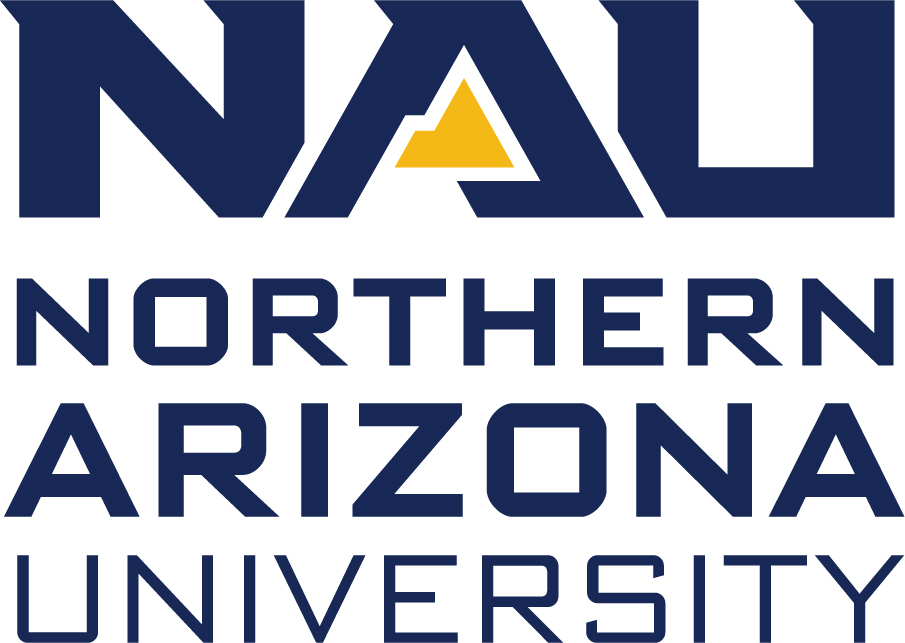Assistant professor Cristina Thomas of Northern Arizona University has been named an Emerging Scholar by the leading education magazine Diverse: Issues in Higher Education in its Jan. 20 issue. The publication annually recognizes an interdisciplinary group of early-career minority scholars who represent the best of U.S. academia.
“An accomplished planetary astronomer, Latina scientist and mentor, Dr. Thomas serves as a shining role model for our community. She is blazing the trail for our diverse student population to embrace research and explore the boundless universe,” said NAU President José Luis Cruz Rivera.
Emerging Scholars are selected by the magazine based on factors such as research, educational background, publishing record, commitment to teaching and/or community service, competitiveness of field of study and uniqueness of field of study, as well as scholarly awards, honors and academic accomplishments.
"It is really exciting to be recognized with this group of scholars,” Thomas said. “It was an honor to be nominated for this award, and being selected was a pleasant surprise. I strive to bring careful focus to all aspects of my career and look forward to what the future brings."
Thomas was nominated by professor David Trilling, chair of NAU’s Department of Astronomy and Planetary Science, and is one of only 15 awardees selected from hundreds of nominations.
“Dr. Thomas is a role model for us all,” Trilling said. “Early in her career, I was her official mentor, but now I find that she mentors me as often as I mentor her. She is a great colleague and a real rising star in the field of astronomy.”
Her research focuses broadly on the study of asteroids, including those that present a risk of impacting the Earth. As a team lead for NASA’s DART mission, launched in November 2021, Thomas and her team are testing planetary defense techniques by attempting to change the orbit of an asteroid. She also recently took over the leadership of NASA’s premier research program that uses telescopes to characterize asteroids near the Earth.
Thomas has nearly $2.5 million in active grants from NASA, which is considered astonishingly high for a junior researcher in this field. She is also a Guaranteed Time Observer for NASA’s recently launched James Webb Space Telescope (JWST), which is an acknowledgement of the contributions that she made to the development of that very important mission.
Thomas, who was selected as a NASA Early Career Fellow in 2014, received additional funding in 2020 through the fellowship program for a pilot study of small asteroids in the Koronis family, a large family of stony asteroids thought to have been formed at least two billion years ago in a catastrophic collision between two precursor asteroids. Among other grants, she received a large grant from NASA in 2020 for a three-year project to find asteroids with spectra similar to the Jupiter Trojans in the Main Asteroid Belt.
She teaches a variety of courses at NAU, including AST 180: Introduction to Astronomy, AST 530: Spectroscopy and AST 201: Introduction to Indigenous Astronomy.
“Dr. Thomas is a committed teacher,” Trilling said. “She cares deeply that her students learn, and interacts with them in a rigorous, humorous and caring way. She mentors undergraduate and graduate students with thoughtful attention, providing opportunities and support. Dr. Thomas collaborates on projects across NAU, working to strengthen our campus community. People seek her out for her scientific expertise, her calm and steady competence and because she is fun to work with. Moreover, she wears her ‘diversity mantle’ easily, sharing her experience working on equity- and diversity-related issues and balancing her minority identity in her professional activities. She has terrific interpersonal instincts.”
"I am very fortunate to work with such a fantastic network of colleagues and students. It is a great time to be an asteroid researcher, and I am so excited to be able to share that with the students at NAU. There are some big milestones for my research program in the near future with the impact of the DART mission and the start of science observations with JWST in 2022," Thomas said.
Thomas was part of the cross-disciplinary faculty group that organized NAU’s chapter of the Society for the Advancement of Chicano and Native American Scientists (SACNAS). She is active in other professional organizations, having served in various roles for the Division for Planetary Sciences (DPS) of the American Astronomical Society (AAS), and is the founder of the Planetary Scientists of Color networking group, which organizes events for large planetary science conferences.
Thomas received her undergraduate degree from the California Institute of Technology and her Ph.D. from the Massachusetts Institute of Technology. After graduating, she held postdoctoral positions at NAU and NASA’s Goddard Space Flight Center and served as a research scientist with the Planetary Science Institute before becoming an assistant professor at NAU in 2018.
Her previous honors and awards include a Presidential Fellowship and an Excellence in Teaching award from MIT; a Graduate Research Fellowship from the National Science Foundation; and a Postdoctoral Program Fellowship and a ROSES Early Career Fellowship from NASA. She also was named a Kavli Institute Frontiers of Science Fellow.
About Northern Arizona University
Northern Arizona University is a high-research institution providing exceptional educational opportunities in Arizona and beyond. NAU delivers a student-centered experience to its nearly 30,000 students in Flagstaff, statewide and online through rigorous academic programs in a supportive, inclusive and diverse environment. Dedicated, world-renowned faculty help ensure students achieve academic excellence, experience personal growth, have meaningful research opportunities and are positioned for personal and professional success.




